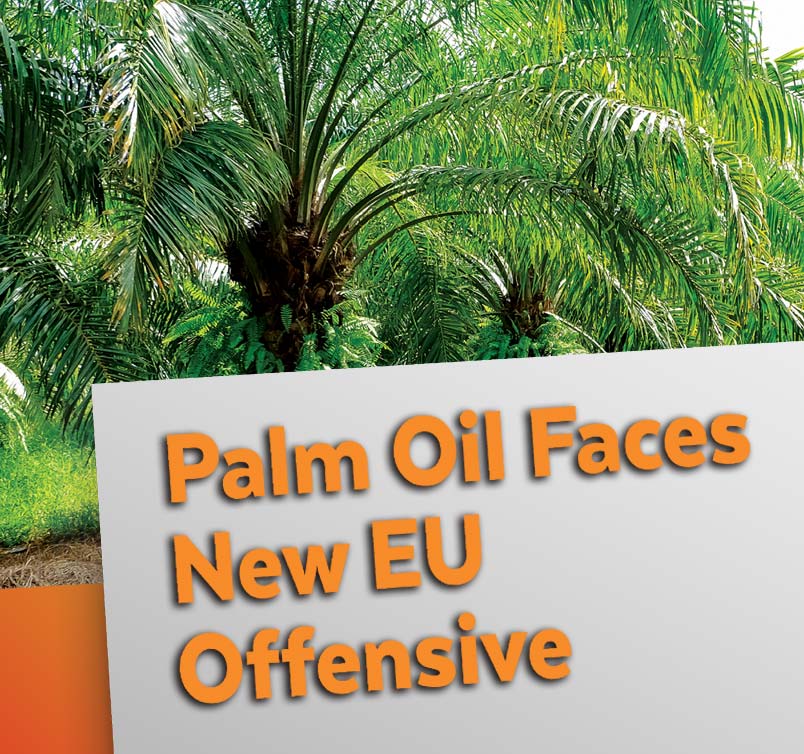



Two-faced debate
In parallel to the debate in the European Parliament, reports have indicated that protected forests are being felled for the production of biofuels – not in distant countries, but in the EU itself. The use of wood pellets and chips has sharply increased over the last few years. Officially, bioenergy from wood is to be sourced from residue, such as forest waste.
However, current regulations do not require bioenergy plants in the EU to provide proof that wood products were produced sustainably. A report by a NGO has alleged that logging in preservation zones was disguised as, inter alia, flood-risk mitigation, when in fact the timber was intended for bioenergy production.
High demand for raw materials by large power plants is blamed for this development. The increased EU and global demand for biofuels does have significant effects on demand for raw materials that appear to have been neglected during the original elaboration of rules on bioenergy and biofuels. The EU is working to update its biofuels policies and is expected to publish its legislative proposals this year.

The Draft Report, meanwhile, calls on the EC ‘to push for the use of palm oil as a component of biodiesel to be phased out by 2020 at the latest’. MEPs at the Nov 28, 2016 discussion did note that this should only apply to unsustainable palm oil, while one MEP noted that biodiesel used in the EU should be sourced from crops grown within the bloc.
The issue of illegal logging of EU forests for wood pellets and chips underlines once again that the debate on sustainability, deforestation and energy must not focus only on palm oil. Additionally, such debate must be based on facts, the law and scientific evidence.
A vote within the ENVI Committee on the final version of the Draft Report is scheduled for March 9. The Report will then be submitted to the European Parliament and a plenary vote will likely take place in the first half of this year.
While work on the issue is well-advanced in the ENVI Committee, the timeframe still allows for the Malaysia (or its EU customers) to have a say in the process, and to fight against unilateral, discriminatory and protectionist policies.
FratiniVergano
European Lawyers